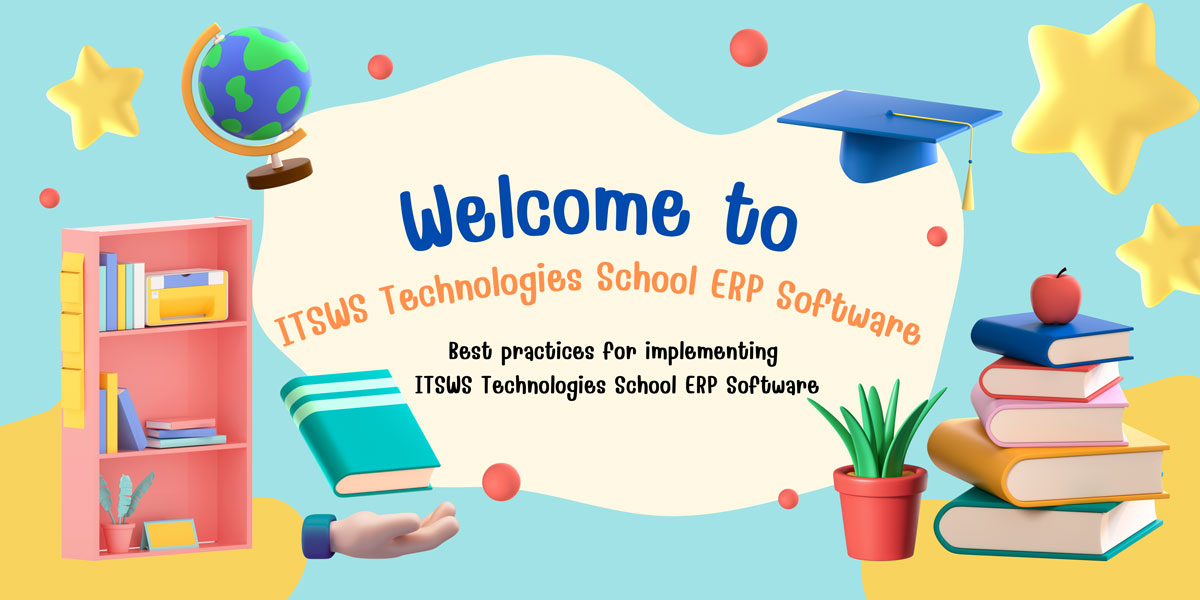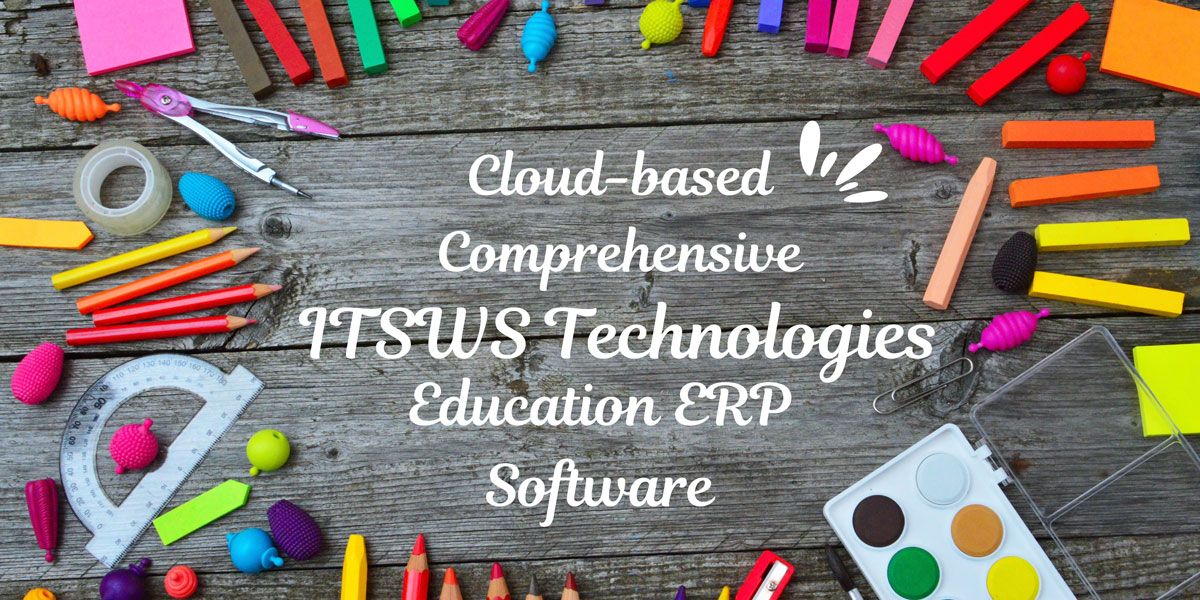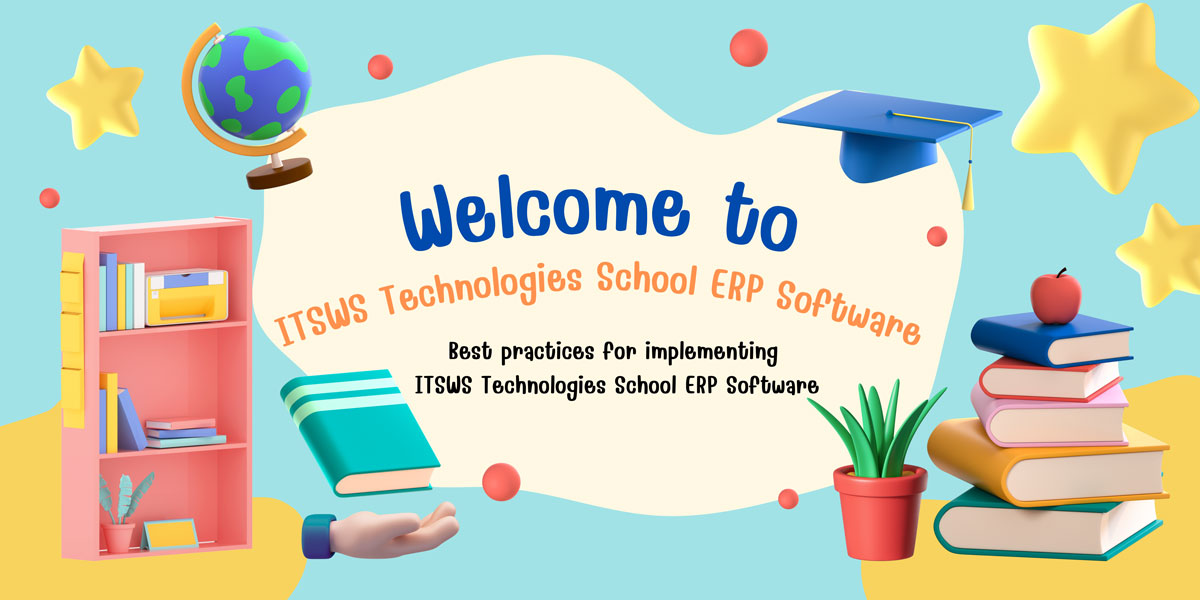Future of Enterprise Resource Planning Software
As ERP systems become more intelligent, automated, and user-friendly, they will offer businesses unprecedented control over their operations, driving efficiency, scalability, and growth. Industry-specific solutions, advanced analytics, and sustainability-focused ERPs will further ensure that businesses can thrive in an increasingly competitive and data-driven world.
Future of Enterprise Resource Planning Software
- Cloud-Based ERP Solutions: As organizations move away from traditional on-premise solutions, cloud-based ERP will become the dominant model for businesses of all sizes. Cloud-based ERP systems are already transforming how businesses manage their resources, offering flexibility, scalability, and cost-efficiency.
- Mobile ERP Solutions: Mobile-first ERP designs with intuitive interfaces and enhanced security will dominate the future, ensuring that users can interact with ERP systems from anywhere.
- ERP and the Rise of Industry-Specific Solutions: As industries become more specialized, the demand for industry-specific ERP solutions is increasing. The tailored ERP systems offer features and workflows designed specifically for a particular sector, such as manufacturing, healthcare, education, or retail.

- Transforming Education Management: Schools and educational institutions are adopting cloud-based ERP systems for managing administrative, academic, and financial tasks. Automation will streamline routine administrative tasks such as attendance tracking, fee management, and exam scheduling, freeing up educators and administrators to focus on core activities. Personalized learning experiences based on student data will become more prevalent, allowing teachers to tailor education to individual needs. The future of school ERP software lies in its ability to provide a 360-degree view of students, tracking not only academic performance but also extracurricular activities, health records, and behavioral data.
- Streamlining Property Management and Transactions: Future ERP systems in real estate will automate repetitive tasks like property listings, tenant management, lease renewals, and maintenance requests. Predictive analytics will allow for better decision-making in terms of investment, leasing, and property management. Real estate ERP solutions will offer comprehensive tools for managing all aspects of property ownership, from acquisition and leasing to maintenance and sale.
- Enhancing Supply Chain and Fleet Management: Automation will play a huge role in logistics ERP systems, managing tasks such as inventory tracking, warehouse management, and order fulfillment with minimal human intervention. Future ERP systems will enable logistics companies to operate with minimal downtime by offering predictive maintenance for fleets, real-time inventory monitoring, and smart route planning. As the logistics industry continues to evolve, ERP software will play a crucial role in enabling businesses to stay competitive, reduce costs, and meet growing customer demands in an increasingly connected world.
- Driving Sales Automation and Customer Engagement: Sales ERP systems will continue to evolve into CRM platforms that help companies track customer interactions, preferences, and purchasing history. Sales teams will have access to real-time data on customer behavior, sales trends, and market conditions, enabling them to respond quickly to changes and seize new opportunities.
Recent Posts
As ERP systems become more intelligent, automated, and user-friendly, they will offer businesses unprecedented control over their operations, driving efficiency, scalability, and growth. Industry-specific solutions, advanced analytics, and sustainability-focused ERPs will further ensure that businesses can thrive in an increasingly competitive and data-driven world.
The cloud-based model offers a cost-efficient solution, eliminating the need for extensive on-premises infrastructure. Schools can benefit from flexible pricing models based on actual usage, optimizing costs and resource allocation.
ITSWS School ERP Software offers a comprehensive set of features covering a wide range of functions. It includes modules for student information management, attendance tracking, gradebook management, finance and accounting, human resources, communication tools, and more.
ITSWS Technologies Schools ERP Software with scalability and flexibility to accommodate future growth and changes in the school's requirements. This ensures the ERP solution remains effective as the institution evolves.



